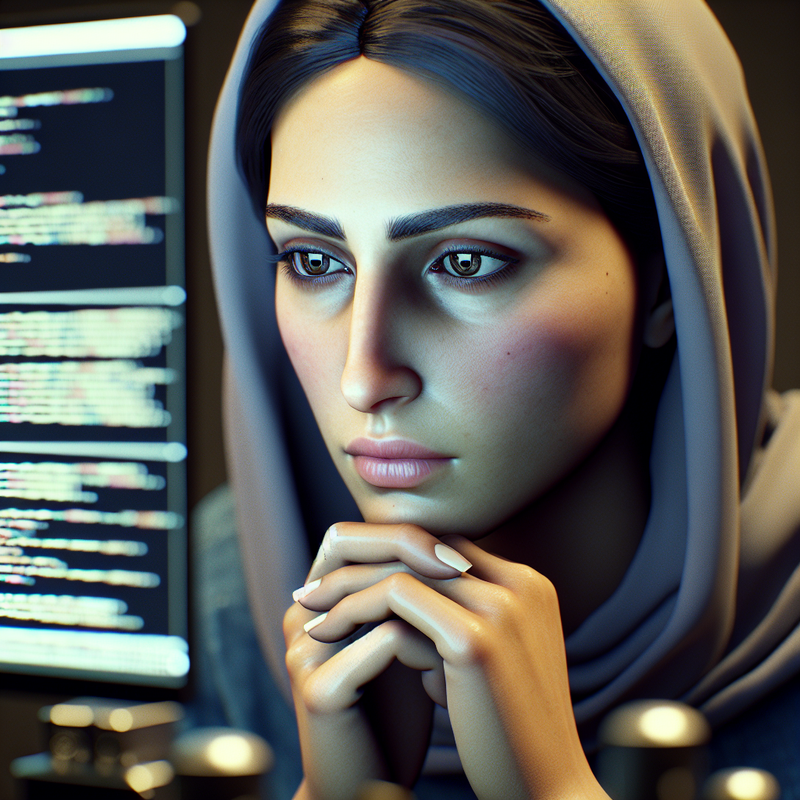The artificial intelligence creator OpenAI, famed for its high-caliber AI models such as ChatGPT, is contemplating the establishment of parameters which would greenlight the production of Not Safe For Work (NSFW) content.
This includes various forms of mature content, under certain circumstances that are deemed appropriate based on the viewer’s age. In a preliminary document shared by OpenAI, the organization conveyed its eagerness to possibly facilitate the creation of such material in a conscientious manner. Currently, its use policy forbids the creation of any content that is sexual in nature or implication. The exploration into these matters by OpenAI was underscored in a commentary from the Model Spec document, stating, “We’re looking into avenues for responsibly enabling the production of NSFW materials where it is suitable by age, through both the API and ChatGPT.“
Types of NSFW material OpenAI is considering
include written erotic content, graphic violence, discriminatory language, and vulgar expressions. However, there is no clear answer on how much OpenAI might relax its guidelines. While some may expect only modest revisions that permit erotic narrative generation, broader potentials including the detailed description or visual representation of violent acts may also be on the table.
Niko Felix, a representative for OpenAI, addressed concerns raised in a statement to WIRED, clarifying, “our models are not designed with the intention of creating AI-based pornography.” Yet, the perception of what content constitutes as pornography can differ, as Joanne Jang from OpenAI’s Model Spec team noted, suggesting, “It really depends on one’s view of pornography.”
Grace McGuire, another voice from OpenAI, highlighted the integral role of the Model Spec document in promoting openness about the development of such initiatives and garnering a range of feedback from the community, legal experts, and involved parties. Though the intricate details of OpenAI’s contemplations on NSFW content development were not fully revealed.
This exploration emerges amidst concerns over the misuse of AI in creating “deepfake porn”
—manipulated imagery or videos crafted with AI without consent, often targeting women and girls resulting in harassment. Danielle Keats Citron, a law professor at the University of Virginia, has voiced serious concern over the increasing prevalence of this issue and its damaging effects on victims.
Any move by OpenAI to involve NSFW content in its offerings would continue to adhere to its stringent regulations against impersonation without consent. The critical question is whether robust moderation mechanisms can be established to curtail the abuse of these potential new features.
As OpenAI deliberates on the ethical integration of NSFW content into its AI models, it finds itself at the epicenter of a complex dialogue on progress, cultural values, and moral responsibility in the dynamic realm of artificial intelligence.

